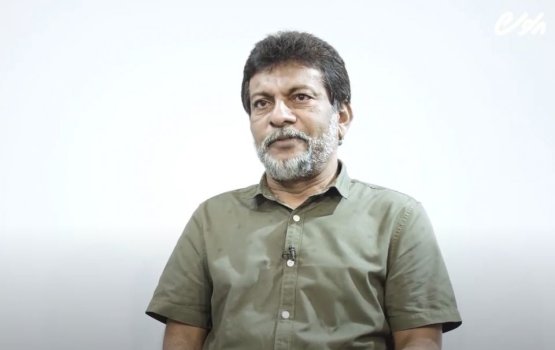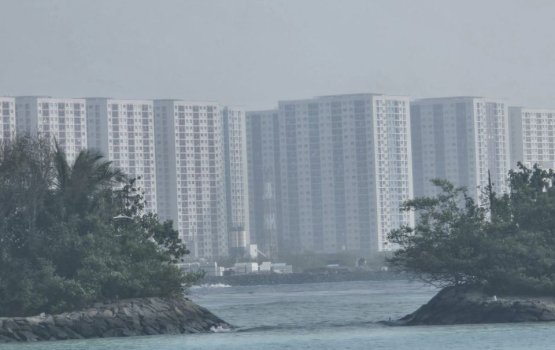New United States Secretary of State Marco Rubio assured Manila of Washington’s “ironclad” commitment to defending the Philippines in the face of Chinese provocation in the South China Sea, during his first call with Philippines Foreign Minister Enrique Manalo.
Rubio also criticised Beijing’s “dangerous and destabilising actions in the South China Sea” in the call on Wednesday with Manalo, which the US’s top diplomat said violated international law.
“Secretary Rubio conveyed that [China’s] behavior undermines regional peace and stability and is inconsistent with international law,” the State Department said in a statement.
“An armed attack in the Pacific, including anywhere in the South China Sea, on either of their public vessels, aircraft, or armed forces – which includes their Coast Guards – would invoke mutual defence commitments,” the State Department noted.
Washington and the Philippines, a former US colony, signed the Mutual Defense Treaty in 1951 stipulating that both countries would come to one another’s defence if they faced attack.
“Secretary Rubio conveyed that [China’s] behavior undermines regional peace and stability and is inconsistent with international law,” the State Department said in a statement.
“An armed attack in the Pacific, including anywhere in the South China Sea, on either of their public vessels, aircraft, or armed forces – which includes their Coast Guards – would invoke mutual defence commitments,” the State Department noted.
Washington and the Philippines, a former US colony, signed the Mutual Defense Treaty in 1951 stipulating that both countries would come to one another’s defence if they faced attack.
“We also strongly oppose any unilateral actions that seek to change the status quo by force or coercion,” they said in a statement.
China holds expansive claims covering most of the South China Sea, infringing on the maritime claims of several Southeast Asia nations, including the Philippines.
For both China and the US, the strategic calculation in the Indo-Pacific is ultimately underpinned by the risk of war. President Xi Jinping set out China’s ‘red lines’, including its claims to Taiwan, in his final communication with US President Biden at APEC last November.
He also emphasized that the ‘Thucydides trap’ – the idea that a rising and established power will eventually come to blows – is not inevitable. Beijing’s ideal scenario is to achieve its territorial goals in the East and South China Seas without Washington getting involved.
In 2016, in a dispute brought by Manila against Beijing, the Permanent Court of Arbitration tribunal in The Hague ruled that China’s territorial claims in the South China Sea lacked any legal basis.
The ruling, which Beijing has rejected, has had little bearing on China’s growing assertive actions in the disputed maritime area. (Source: Al Jazeera and news agencies)







